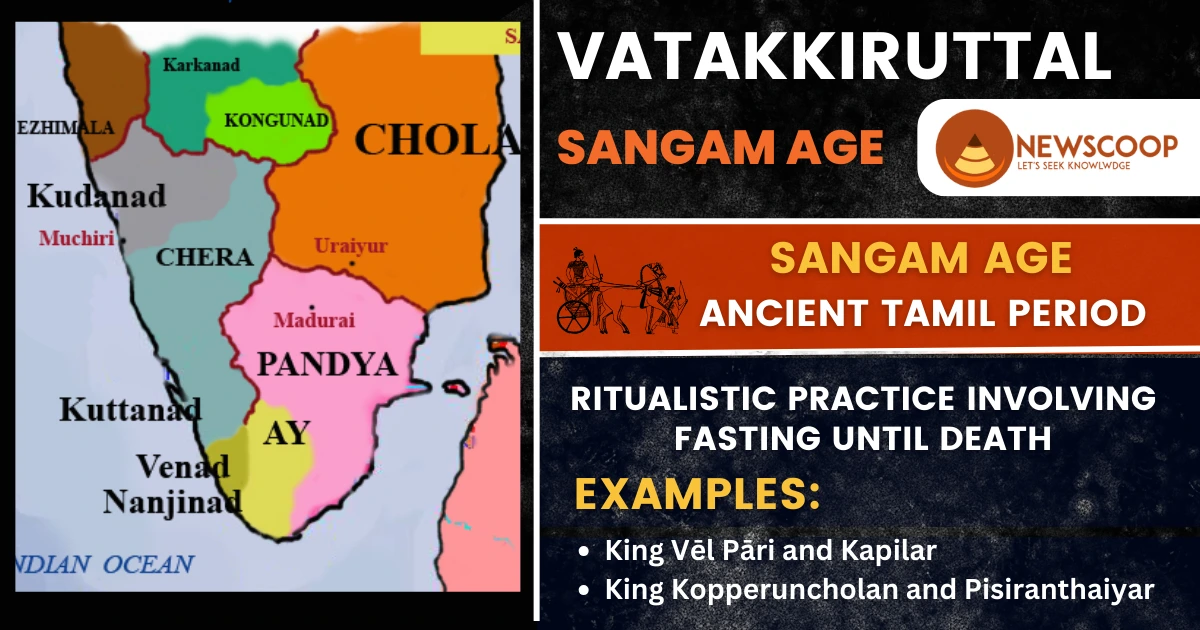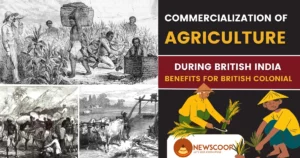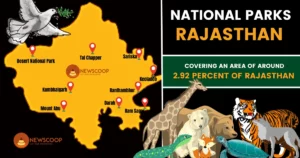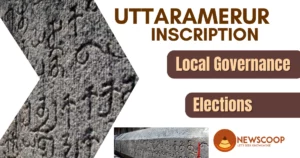In this article, you will gain insight into the ancient Tamil ritualistic practice known as Vatakkiruttal, a profound testament to loyalty, honor, and unwavering commitment. This solemn tradition, prominent during the Sangam age, revolved around a vow to fast until death, exemplifying the unyielding resolve of Tamil warriors.
Through poignant examples of camaraderie and sacrifice, we uncover how Vatakkiruttal etched an indelible mark on the ethos of ancient Tamil society. This historical narrative holds significant importance for UPSC aspirants, offering a profound insight into the cultural tapestry of ancient Tamil Nadu.
| Aspect | Details |
|---|---|
| Name | Vatakkiruttal |
| Also Known As | Vadakiruthal, vadakiruttal |
| Time Period | Sangam Age (Ancient Tamil Period) |
| Description | Ritualistic practice involving fasting until death |
| Purpose | Demonstrating unwavering commitment, loyalty, and honor |
| Vow Involved | “nōnpu” – The vow to never turn one’s back in battle |
| Participants | Tamil Kings, warriors, and their loyal companions |
| Individual/Group | Could be performed individually or as a group |
| Notable Examples | King Vēl Pāri and Kapilar, King Kopperuncholan and Pisiranthaiyar |
What is Vatakkiruttal?
Vatakkiruttal, also known as Vadakiruthal or Vadakiruttal, was a ritualistic practice rooted in ancient Tamil culture, particularly flourishing during the Sangam age. It involved a solemn commitment to fast until death, with warriors facing north, epitomizing their unwavering resolve and readiness to embrace mortality rather than retreat in battle.
Further, this practice was deeply intertwined with the vow of “nōnpu,” a foundational tenet in Tamil martial traditions. Warriors, driven by a profound sense of honor and prestige, embraced Vatakkiruttal as a powerful testament to their dedication to their vows and their comrades. Whether undertaken individually or as a group, this practice became a cornerstone of the martial ethos that defined ancient Tamil society.
Examples of Vatakkiruttal
- King Vēl Pāri and Kapilar: After the tragic death of King Vēl Pāri in battle, the esteemed poet Kapilar undertook the act of fasting till death at Kabilar Kundru. Kapilar’s self-imposed sacrifice stands as a poignant tribute to their unbreakable bond, immortalizing their friendship.
- King Kopperuncholan and Pisiranthaiyar: Similarly, upon the loss of his dear friend, King Kopperuncholan, along with the celebrated poet Pisiranthaiyar, chose to honor their bond through Vatakkiruttal. King Kopperuncholan’s act of self-sacrifice echoes the sentiments of camaraderie and friendship that defined their relationship, leaving an enduring legacy.
Legacy of Vatakkiruttal
- Symbol of unwavering commitment and loyalty in ancient Tamil society.
- Demonstrated the depth of camaraderie and sacrifice among Tamil warriors.
- Immortalized through poignant historical accounts of kings and their devoted companions.
- Upheld the vow of “nōnpu,” emphasizing the valor and courage of Tamil warriors.
- Continues to inspire and resonate as a powerful cultural heritage of Tamil Nadu.
In Conclusion
Vatakkiruttal, with its roots deeply embedded in the rich tapestry of ancient Tamil culture, remains a powerful symbol of sacrifice, honor, and unwavering loyalty. Through the practice of fasting till death, Tamil kings and their companions demonstrated an unyielding commitment to their vows and to each other.
The stories of King Vēl Pāri and Kapilar, as well as King Kopperuncholan and Pisiranthaiyar, continue to inspire and resonate with us, urging us to cherish and uphold the values that defined this extraordinary tradition. In doing so, we pay homage to an integral chapter in the cultural heritage of Tamil Nadu.
Thank You!





